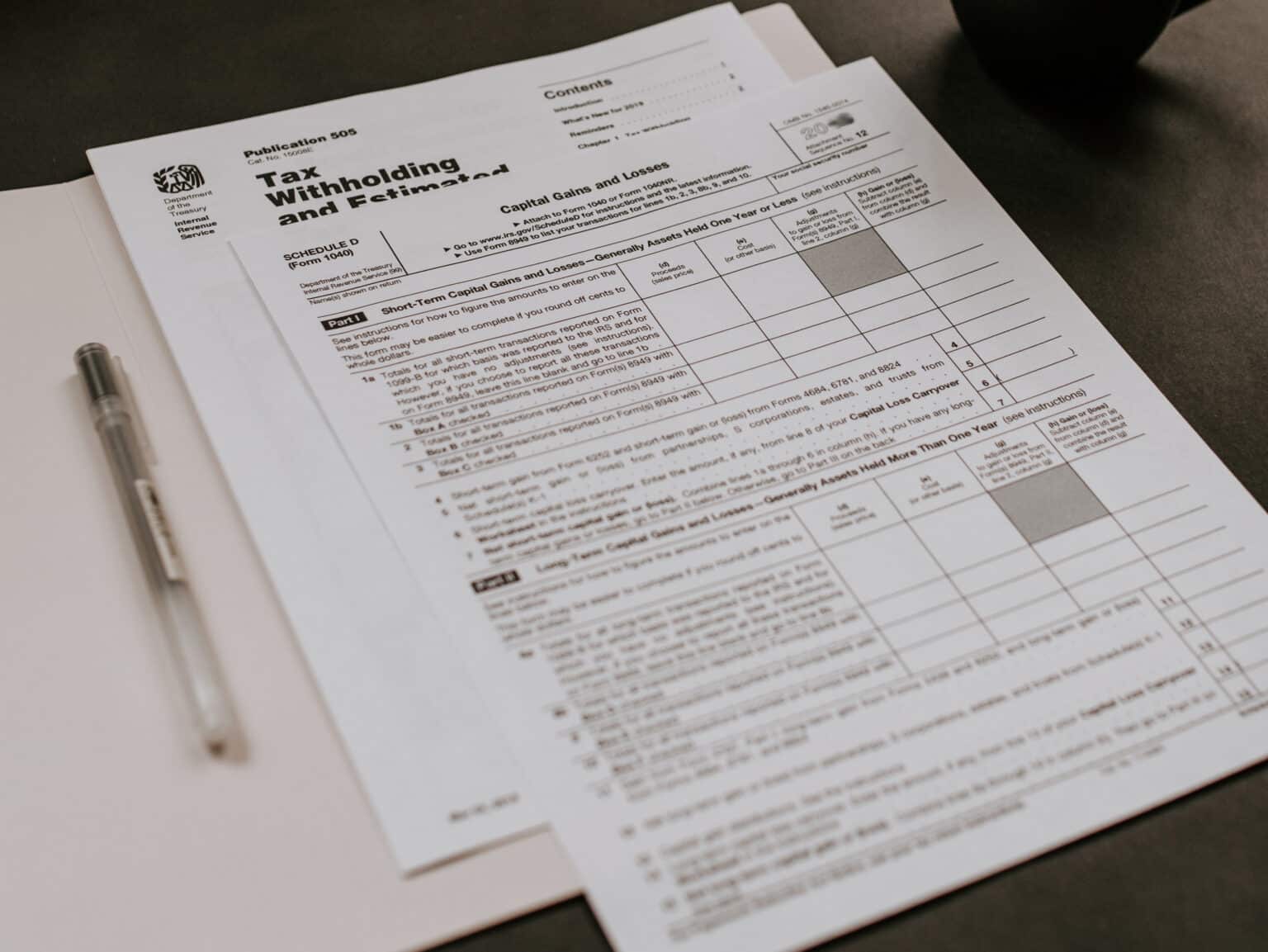The Internal Revenue Service has flagged some 1.1 million tax returns this year for potential identity fraud, the U.S. Treasury revealed Tuesday.
The potential fraud amounts to more than $6 billion in tax refunds requiring additional review by the IRS.
According to an interim report on the 2023 tax filing season, the IRS has already confirmed 12,617 returns to be fraudulent as of March, preventing $105.3 million in refunds from being distributed.
That’s an increase of more than 3,000 returns confirmed fraudulent, so far, over those confirmed last year.
Taxpayer theft has been on an increase since 2004, according to Nina Olson, executive director and founder of the Center for Taxpayer Rights.
“It went from being a one-off [criminal] ripping off someone’s Social Security number to a whole scheme and organized crime,” Olsen said of the problem worsening over the past two decades.
In fact, identity theft was reported to the Federal Trade Commission more often than any other crime in 2022—totaling some 5.3 million complaints, leading to $9 billion in losses.
According to the U.S. Treasury, the IRS increased the number of filters it uses to identify potentially fraudulent tax returns over the past year. The agency used 236 filters during the 2023 tax season, compared with 168 filters during the prior tax season.
Further, the IRS is launching a free, on-line pilot program for the 2024 tax season, in an effort to increase confirmation of tax filers’ identities.
It’s part of the $80 billion in boosted funding the IRS received from last year’s Inflation Reduction Act.


